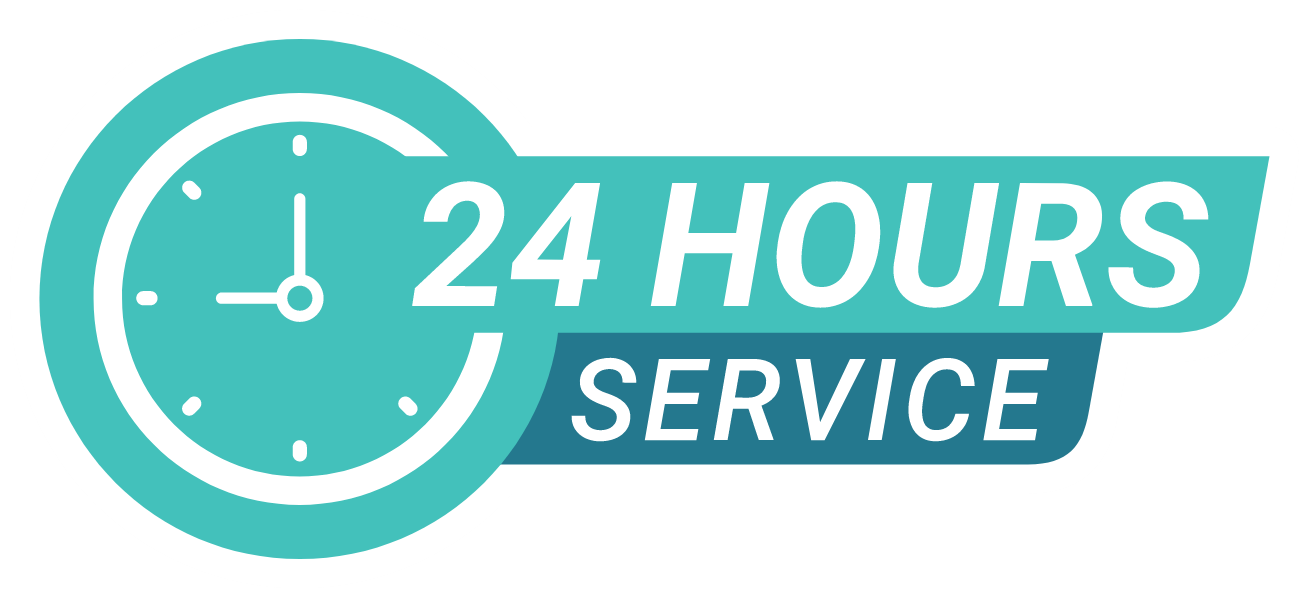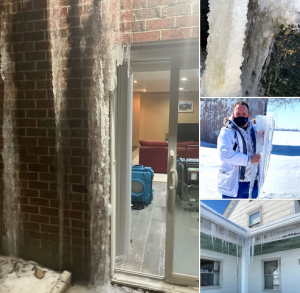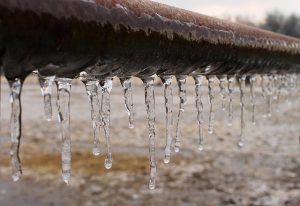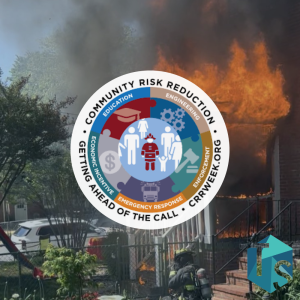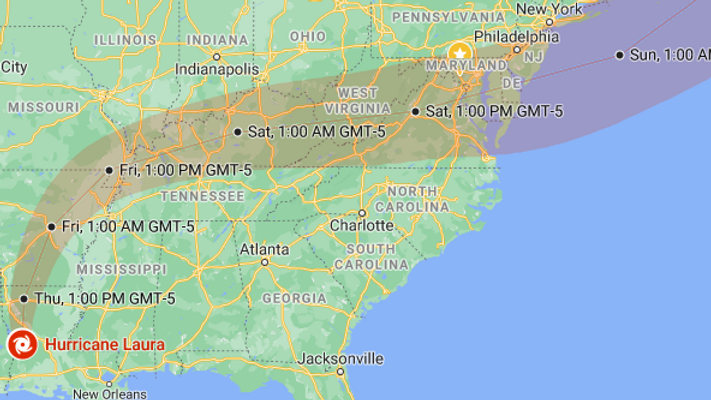
As Hurricane Laura approaches the DMV area, TSR wants to make sure that you and your family stay safe before, during and after a disaster. We’ve created the following hazardous weather guide and checklist so that when disaster strikes, you and your family will be fully prepared. Our #1 priority is always to ensure the safety and health of our customers. If you do experience property damage or loss and need emergency assistance, just know that you’re only a phone call away from TSR turning your disaster into peace of mind.
Safety During A Disaster
Prior to incoming hazardous weather, be sure to:
- Monitor local weather and adhere to advisory messages
- Charge your cell phone
- Maintain a full gas tank in the event of an evacuation
- Create your emergency plan – will you shelter in place or evacuate? Ensure everyone understands the plan and knows where to go.
- Locate your utility shut offs
- Locate identification, health and property insurance information and any other important documentation along with contact information for doctors, relatives and or friends and place in a waterproof and fireproof portable container
- Pack a “go” bag in case of evacuation that contains a change of clothes, water, snacks, a flashlight, portable radio, emergency whistle, pencil, paper and medication.
Know Your Zone!
Do you live in a storm evacuation or flood area? Find out by visiting FEMA.gov! Your State will also have local resources available, search for “Know Your Zone” to find more information on evacuation locations and how to prepare an evacuation plan.
Keep Important Numbers Handy
- Always have a copy of your insurance policy and review annually to eliminate any coverage issues
- Keep Tri State Restorations 24-hour emergency response number handy (866-818-1949) to receive immediate assistance if and when you experience property damage or loss.
Preparedness – Build a Disaster Supply Kit Always keep these items handy in case of an emergency:
- Battery powered flashlight with extra batteries
- Battery-powered or hand crank radio
- At least a 3-day supply of drinking water (one gallon per person/per day)
- At least a 3-day supply of non-perishable foods that don’t require cooking
- A manual can opener
- Household chlorine bleach and a dropper to disinfect water supply
- A sleeping bag or heavy blanket (per person)
- Sturdy shoes and proper outdoor clothing for hazardous weather conditions
- A Whistle, to signal for help
- Dust masks to help filter contaminated air
- A Wrench or pliers to turn off utilities
- Cash and change
- A Cell phone charger
- Local maps and written directions to area shelters
- A Fire Extinguisher
- A week’s supply of prescription medication
- A first aid kit
- Toys, books and games for children
- A week’s supply of toiletries & hygiene items including hand sanitizer and disinfectant wipes
- A generator (optional): Be sure to only operate your generator outdoors and use only outdoor and water safe extension cords to plug in your appliances.
Financial Security Through Insurance
Prepare for a quick recovery!
Not all homeowners insurance policies provide coverage for emergency hazards and some may only offer partial coverage. It’s important to review your policy each year to determine which losses are covered and to know your claim limits and the deductibles required for each type of loss. See something missing? Contact your agent to make any necessary policy modifications.
Damage Prevention
Strengthen your home and eliminate outdoor hazards during an emergency by completing the following year round maintenance items for your property.
- Bring outside objects that could become windborne and cause damage – tie down the larger free-standing fixtures in your yard if you can’t bring inside.
- Trim your property’s trees and foliage
- Inspect your foundation and grading – make any repairs as necessary
- Ensure that all windows and doors are securely fastened and caulk any visible cracks that could lead to external water intrusion.
- Inspect your roof and make any necessary repairs
- Reinforce garage door (if applicable)
Community Service: Help your neighbors in need!
- Join your local Community Emergency Response Team (CERT) by visiting ready.gov and selecting CERT.
- Find a volunteer opportunity within your state by visiting NVOAD.org and selecting “How to Help”
Sharing is caring!



